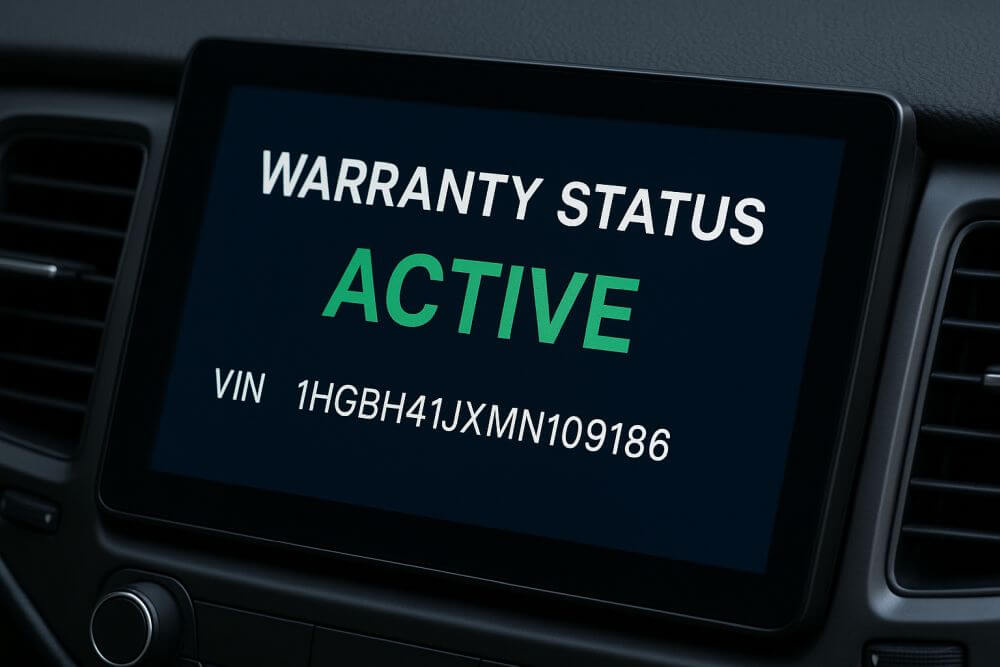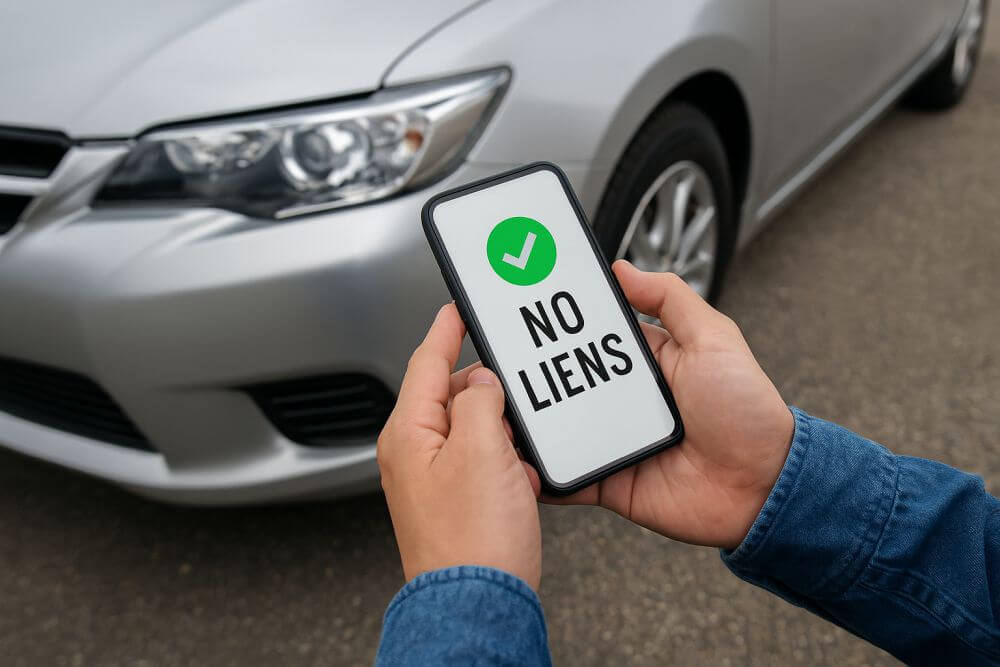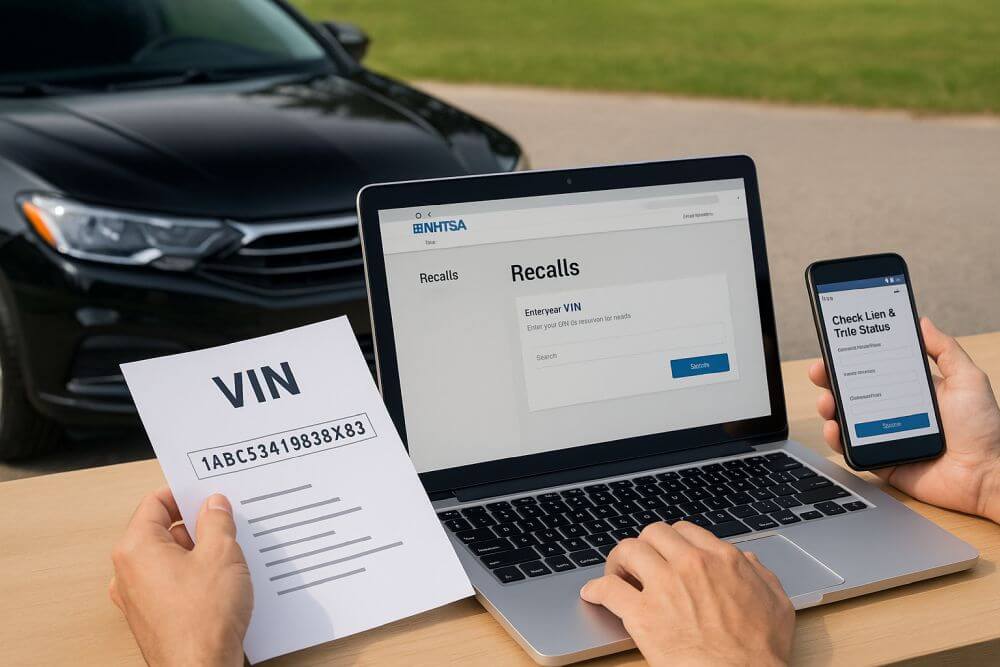A used car with a price that seems too good to be true might be just that. Look a little closer at the classified ad, and you might find the words “salvage title” somewhere in the fine print. Also known as a “branded title” or “reconstructed title,” this description can definitely drive down the price on a car. But is it worth it? In most cases, the answer is probably no. Check out these reasons why it may be best to pass a car with a salvage title right on by.
What a Salvage Title Means
A car with a branded title has been written off by an insurance company as a total loss sometime in its history. The loss may be due to an accident, flood damage, hail damage or theft. Insurance companies that take possession of these cars typically sell them back to salvage yards or individuals who rebuild cars. In some cases, the cars may be restored and put back on the market. However, it is illegal in many states to resell these cars unless a salvage title is attached.
No Financing
Banks will not provide loans to individuals purchasing vehicles with a salvage title as a general rule. Those interested in purchasing one of these vehicles will usually need to pay in cash. It should also be noted that because these vehicles are very difficult to finance, there is also a relatively limited number of buyers for them. This means that if you do lay down cash for a car with a branded title, you may literally own that vehicle for a lifetime.
No Insurance
One of the primary reasons banks won’t finance a car with a salvage title is because insurance companies won’t insure them. These companies do not like to offer comprehensive and collision coverage on a vehicle when they can’t find a definitive value for the vehicle. Salvaged cars are very difficult to get an accurate value. Even if you do find an insurance company to cover your salvaged car, if you get in an accident, you likely won’t get the full value of your vehicle if it is totaled.
The Unknown
The seller of a car with a reconstructed title may assure you the only damage to the vehicle was cosmetic. However, you have little way of knowing whether that information is true. Your best bet is to take it to a mechanic for a full overhaul. But keep in mind these inspections come with a price, and you are already dealing with a car that may not provide you with much value in the long run.
Safety Issues
The unknown also created major safety concerns with a vehicle with a salvage title. Rebuilders of these vehicles are notorious for skipping corners where they can, which could mean missing vital safety equipment like airbags. Unfortunately, you might not realize what is lacking until you are in a situation when you really need them.
Potential for Fraud
Unfortunately, cars with a salvage title are also more likely to be the subjects of fraudulent transactions. Title washing involves moving a car from one state to another until the branded title is eventually removed. This leaves a buyer vulnerable to unknowingly purchasing a salvaged vehicle – until the problems begin.
Protecting Yourself from Salvaged Vehicles
Now that you are properly worried about getting stuck with a car that has a salvage title, check out how to avoid the situation in the first place. The process is quite easy really – simply pull a vehicle history on a car before you make a purchase. You can access a free VIN check report by VIN, which is the vehicle identification number on the car or the car’s registration. This report will provide you with a full title history, which should include whether the car ever received a salvage title.
A car with a salvage title can create a lifetime of headaches and even safety concerns. Protect yourself from these vehicles the next time you are in the market for a used car. Access a vehicle history on a car before making a purchase to ensure the car you choose will provide you with sufficient value, safety and reliability.


